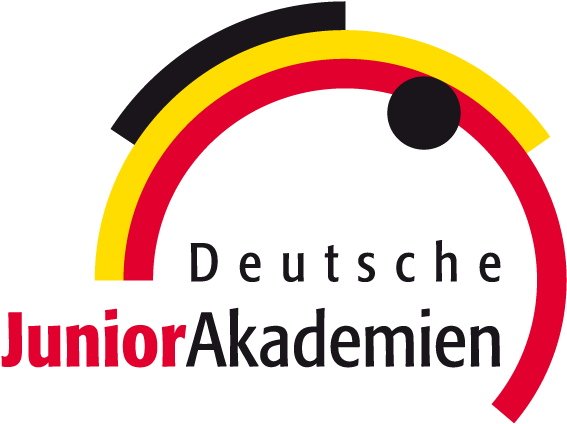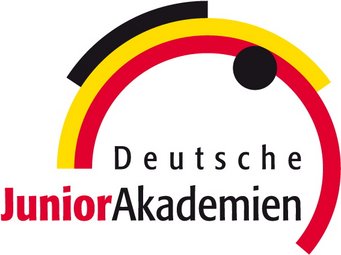JuniorAcademy Baden-Württemberg

The JuniorAcademy Baden-Württemberg – traditionally also known as the Science Academy – is a programme aimed at highly talented and motivated pupils in years 8 and 9 that goes far beyond the curriculum and opportunities offered at school. Held over two weeks during the summer holidays, the participants attend courses in which they work with by scientists, teachers and students, who provide them an introduction to new areas within the sciences and humanities. This work gives them the opportunity to familiarize themselves with scientific standards and basic principles, to practise building their own knowledge as well as processing and making links between information, to try out collaborative forms of working including how to coordinate various tasks, to learn or improve on presentation techniques, to practise writing styles and get to know their own personal strengths, skills and aptitudes. The main focus is on promoting curiosity, creativity and the joy of learning and discovering – both within and beyond the individual courses. In their spare time, the participants can choose to take part in a range of literary, social, musical and sporting activities.
Similar programmes are offered in other federal states. The German JuniorAcademies were established in 2003 by Education & Talent, an initiative of the Donors’ Association for German Science, and generously supported by the German Federal Ministry of Education and Research, in partnership with the federal states of Rheinland-Pfalz, Baden-Württemberg and the Saarland. The academies are modelled on the German PupilsAcademy, a programme that has been available to senior school pupils since 1988. The German JuniorAcademies are run based on certain quality criteria that have been acknowledged by the Conference of Education Ministers and ensure a high standard of education.
For many years, the Haus der Astronomie has been enriching the courses offered by the JuniorAcademy Baden-Württemberg with projects in astronomy and related fields of knowledge. The topics covered here ranged from the threat to the earth caused by asteroid impacts to the interdisciplinary research on Mars and the launch of a stratospheric balloon. From 2006 to 2011, HdA employee Olaf Fischer served as head of the astronomy course and was joined in 2008 by Cecilia Scorza. In 2012, this role was taken on by HdA employee Carolin Liefke and Dominik Elsässer (currently at the Technical University of Dortmund).
More information
